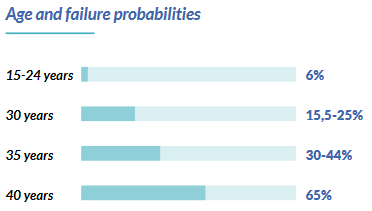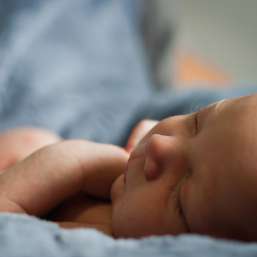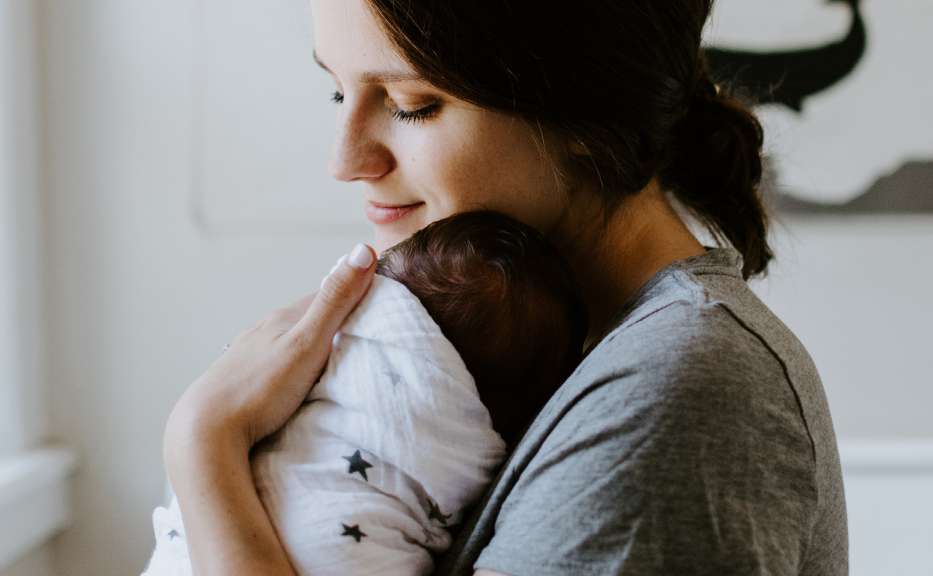The impact of age on ovarian functioning has a quantitative and a qualitative component. In the 20th week of pregnancy, the ovaries of the fetus contain between 6 and 7 million oocytes. At birth, there are only 1 or 2 million oocytes, of which only between 300,000 and 500,000 will reach maturity and only 400 to 500 will be ovulated over the course of a woman’s reproductive stage. A woman’s reproductive ability begins to decline about ten years before menopause even if the woman continues to have regular menstruation cycles every month. As the number of follicles in the ovary decreases, their quality also worsens and the rate of oocytes with genetic alterations increases; studies confirm that these alterations are less than 10% in women under 30 and close to 100% in women over the age of 45. This also makes miscarriage more common in these women with figures of 7-15% in women under 30, compared to rates above 34% in women over 40.
The number of eggs is directly related to a woman’s ability to conceive. Over the course of a year, 6% of women between the ages of 15 and 24 who wish to get pregnant will fail to do so; when a woman reaches 30, these figures go up to 15.5-25%; at 35, they rise to 30-44%, and at 40, the percentage of failure is as high as 65%. If a couple consults for infertility, assisted reproductive techniques would only raise their chances by 50% up to 30-35 years of age, and only a by a third if the pregnancy is postponed until 35-40 years of age.

With these numbers in mind, it’s necessary for women to understand that the optimal age for pregnancy is between 25 and 30 years of age. This is increasingly complicated due to the current social situation, so it’s necessary to raise awareness among women of the importance of preserving their fertility.
Factors affecting ovarian reserve:
- Genetic
- Immunological
- Enviromental: smoking; chemicals such as herbicides, insectides, and industrial products; radiation; chemotherapy; overweight or stress
- Social: the development and advances in medicine or hygiene have resulted in a higher life expectancy for humans and especially women. In our current society, women’s life expectancy is around 88 years. By contrast, the age in which a woman reaches menopause has hardly changed and remains around 52 years of age, from which we may easily deduce that the increase in life expectancy is not associated with an increase in the number of childbearing years.

The incorporation of women into the workforce on equal footing with men has increasingly delayed the ideal time for motherhood because it leads to a decline in their professional development and includes the fear of losing their jobs because of a pregnancy. Today, the average age in which women have their first baby is 31 years old.
On the other hand, the emergence of assisted reproductive techniques las led couples to trust that these methods will guarantee a pregnancy; however, even if these techniques manage to help many couples achieve their desired pregnancy, the results obtained also decrease as the age of the woman demanding these services increases.
In conclusion, given the negative effect that a woman’s age has on her reproductive capacity, it is necessary to raise awareness of the fact that it’s not good to delay maternity. The optimal period of fertility in women is between 25 and 30 years of age, and if the social and employment situation does not allow it, we propose the preservation of oocytes between these ages in order to improve the chances of future gestation.




